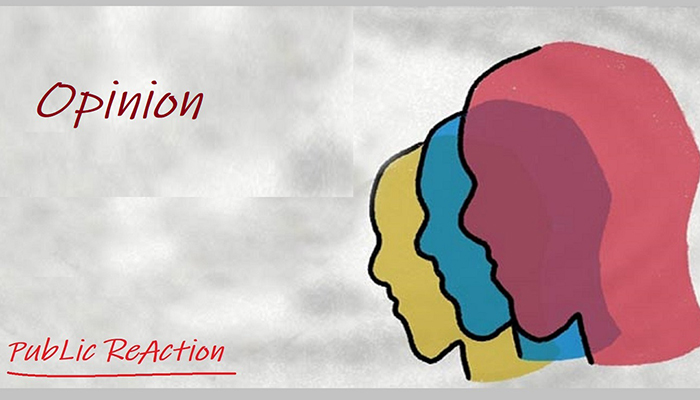


The United Nations initiative has adopted a universally coordinated set of programs committed to building a more sustainable and beautiful world for all people by 2030. It contains 17 sustainable development goals and 169 targets. Clause 16.5 of this objective mentions “reduction of all forms of corruption and bribery”. The main responsibility of the implementation of this goal is the cabinet Division. And the Ministry of Information and Broadcasting also has a role as a supporting ministry along with other ministries. Issues of corruption or ethics change over time. At the same time, its news value to the media also changes. The Anti-Corruption Commission has taken and is taking various steps to curb corruption. Corruption will never be controlled by a specific strategy or by legislation alone. For this the strategy has to change over time. People should be involved. To control corruption, people’s mentality needs to be changed.
Anti-Corruption Commission takes various steps to control corruption in the country. Meanwhile, public hearings are organized in various government offices to make the people aware. Through public hearing it is possible to identify the transparency, accountability and weakness of the government office based services. The public hearing is essentially a stakeholders meeting. Honorable citizens from concern sectors, responsible officials in the respective government offices and senior officials of the Anti-Corruption Commission are present here.
Citizens of different sectors and professions present in these meetings presented their grievances and problems. Officials of government departments consider those issues seriously and present their views. In the presence of Anti-Corruption Commission officials, most of the problems are resolved immediately. Public hearings are being used as one of the tools to increase public awareness of transparency, accountability and anti-corruption of government officials at the local level. The commission started its first public hearing in 2014 at Muktagachha in Mymensingh. Public hearings are regularly organized by the Anti-Corruption Commission in each district.
Public hearings serve several purposes. Directly hearing the complaints of the citizens seeking service and settling them according to the rules by the concerned government department. Ensuring service delivery to people based on Citizen Charter and improving quality of service. To make the people aware about the civil rights and to identify the causes of irregularities, corruption and delays in the provision of services by the concerned offices and to take administrative and legal measures in specific cases.
Many problems are being solved immediately through public hearings. It is also becoming possible to identify sources of corruption and irregularities. There is an idea about the prevalence of corruption and irregularities in the concerned office. Apart from this, an idea is also obtained about how much the people are aware about the services of the concerned government department. By reviewing the overall issues, effective anti-corruption strategies can be determined. By doing this it is possible to visibly reduce corruption and irregularities. Public hearings have legal basis. Public hearings are conducted on the basis of Article 20(2),21(2) of our Constitution and Anti Corruption Act 2004, Right to Information Act 2009, Government approved National Integrity Strategy, 2012.
Each public hearing is open to all, including local dignitaries, government service citizens, government officials, media and civil society representatives, lawyers, NGO representatives and other interested parties. In addition, all the relevant public representatives including the local Honorable Member of Parliament, Mayor, Upazila Chairman Commissioner ot the city corporation and member of the municipality are invited to the public hearing. Public hearings bridge the gap between the local administration and the people. Apart from this, it is possible to make people aware about government services and rules, develop service delivery methods, make officials aware of their responsibilities and duties and build public opinion against corruption. Anti-corruption commission organizes public hearings in all offices taking into account the complaints made by people. All the complaints received through public hearing which cannot be settled immediately, directions are given by the ACC for settlement. Whether these instructions are being implemented is regularly followed up by the ACC.
The government has already made arrangements to deliver many services directly to the citizen through digital channels. Meanwhile, various types of allowances of the government have been directly delivered to the beneficiaries through G2P. This has reduced corruption. Land offices have come under digital services by providing “Vumiseba”. Through this, people’s expectations about land office have been fulfilled for a long time.
The government has set a target to make Bangladesh a developed country by 2041 by reducing corruption in line with the SDG targets through strict anti-corruption stance in government, transparency in government service delivery, ensuring accountability and making people aware and involved. It will be possible to build the golden Bangladesh of the dream of Bangabandhu Sheikh Mujibur Rahman, the father of the nation, through the efforts of all concerned in the implementation of the goal.
(PID Feature)